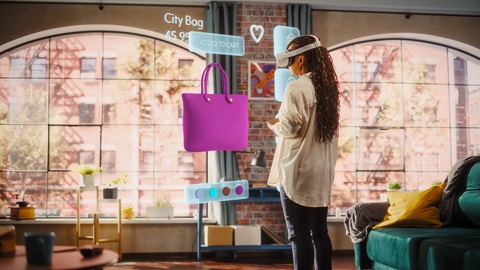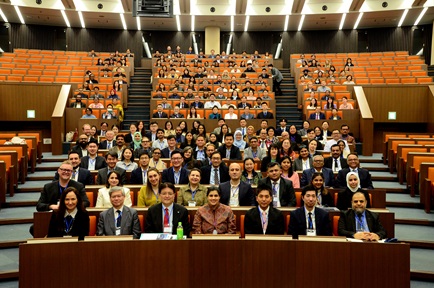Vivien Le’s Leap: Revolutionising Vietnam’s Insurance Market Through Technology
Why It Matters
Vietnam’s insurance sector faces persistent challenges, but it also holds immense potential. Vivien Le’s story shows how technology-driven innovation and leadership can break through barriers to transform an entire industry.
Key Takeaways
- Vivien Le transitioned from a corporate career to launch Saladin, Vietnam’s top InsurTech firm, proving that bold entrepreneurial decisions can reshape traditional industries.
- By using technology to tackle inefficiencies and improve customer service, Saladin scaled rapidly, issuing millions of policies and achieving a 95% claims success rate.
- Strong leadership — defined by continuous learning, empathy, and a shared vision — was key to success, especially in overcoming biases in a male-dominated field.
Breaking into a Traditional Market with Bold Innovation
The insurance market in Vietnam has long been considered difficult terrain — heavily paper-based, bureaucratic, and slow to change. Customers often face poor service and lengthy claims processes, while insurance products remain inaccessible or poorly understood by much of the population. To make thing worst, low level of trust on insurance seemed to be a strong headwind.
Vivien Le, however, saw opportunity where others saw obstacles. After years in the corporate world, she took the leap to found Saladin, an insurance technology (InsurTech) startup aimed at modernising Vietnam’s insurance landscape. Her mission: to make insurance accessible, efficient, and customer-friendly through technology. In doing so, she not only founded a market leader but also carved out a space for tech innovation in an industry that had seen little disruption.
Technology as a Catalyst for Trust and Growth
Saladin’s success wasn’t simply about moving insurance online — it was about rebuilding the customer experience and level of trust from the ground up. By introducing a digital platform that simplified policy selection, application, and claims, the company quickly attracted users frustrated by outdated processes.
One of Saladin’s key achievements has been its impressive 95% claim success rate, a clear contrast to the typical delays and denials that have undermined customer trust in traditional insurers. The startup has already issued millions of policies, a sign of both its scalability and market acceptance. This transformation was possible because technology was not just an add-on, but a core part of Saladin’s service model.
Empathy, Vision and the Realities of Leadership
Vivien Le’s leadership style played a pivotal role in the company’s rise. She built her team around shared values, empathy, and a culture of continuous learning — qualities often overlooked in fast-growth startups. In navigating a complex and fast-evolving industry, these soft skills proved just as crucial as hard technical know-how.
As a female founder in a traditionally male-dominated space, Le also faced gender biases and cultural expectations. Her ability to adapt, stay focused on long-term goals, and maintain a global perspective while understanding local needs was key to her resilience. Her journey highlights the importance of inclusive leadership in unlocking new market opportunities and sustaining momentum.
Business Implications
Saladin’s success offers important lessons for businesses across industries — especially in emerging markets.
Tech-Driven Transformation: Firms can’t afford to treat technology as a bolt-on feature. Instead, they should rethink operations and customer engagement models from a digital-first perspective. This approach not only increases efficiency but also rebuilds consumer trust in sectors with historically poor service records.
Women in Leadership: Le’s story shows how women can lead high-impact change, especially when supported by cultures that value adaptability, continuous learning, and global-local thinking. Companies that want to benefit from diverse leadership should pay attention to the structures and cultures that enable women to thrive.
Organisational Learning and Empathy: In a world of constant change, organisations that invest in learning and emotional intelligence are better equipped to respond to uncertainty. These human-centred traits are often what differentiate sustainable success from short-term wins.
Authors & Source
Authors: Dr. Koh Cheng Boon (Nanyang Technological University) and Associate Professor Joo Seng Tan (Nanyang Technological University)
Original Case Study:Asia Business Case Centre
---
For more research, click here to return to Knowledge Lab.







